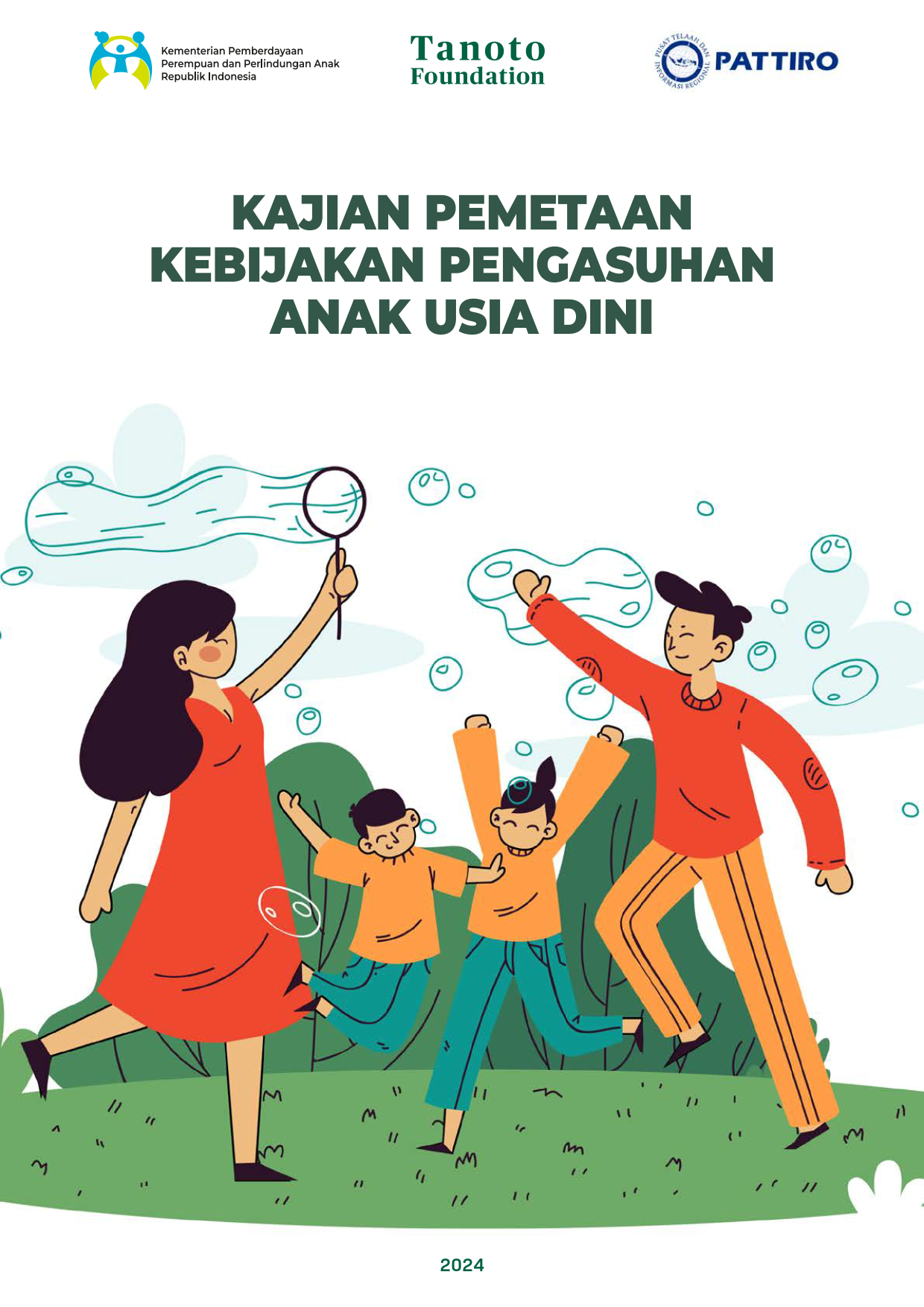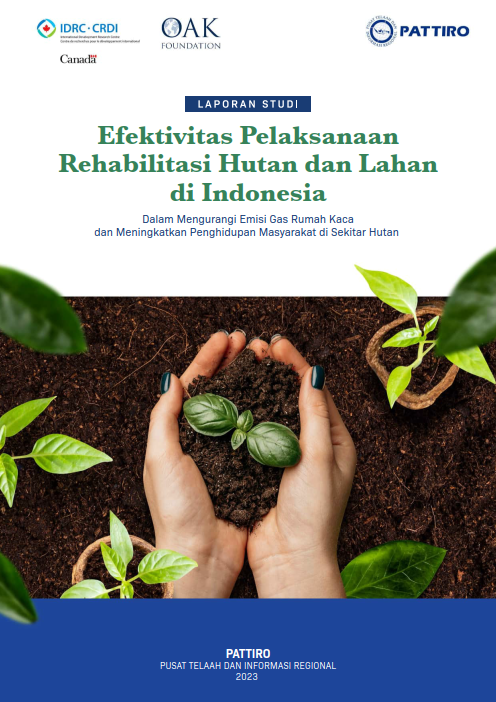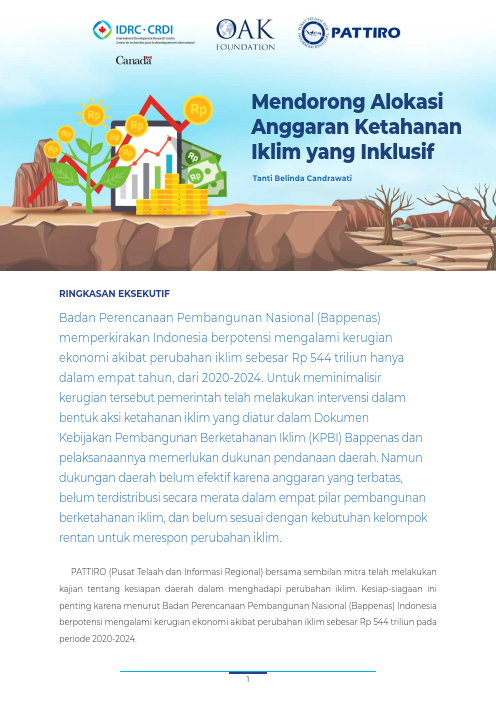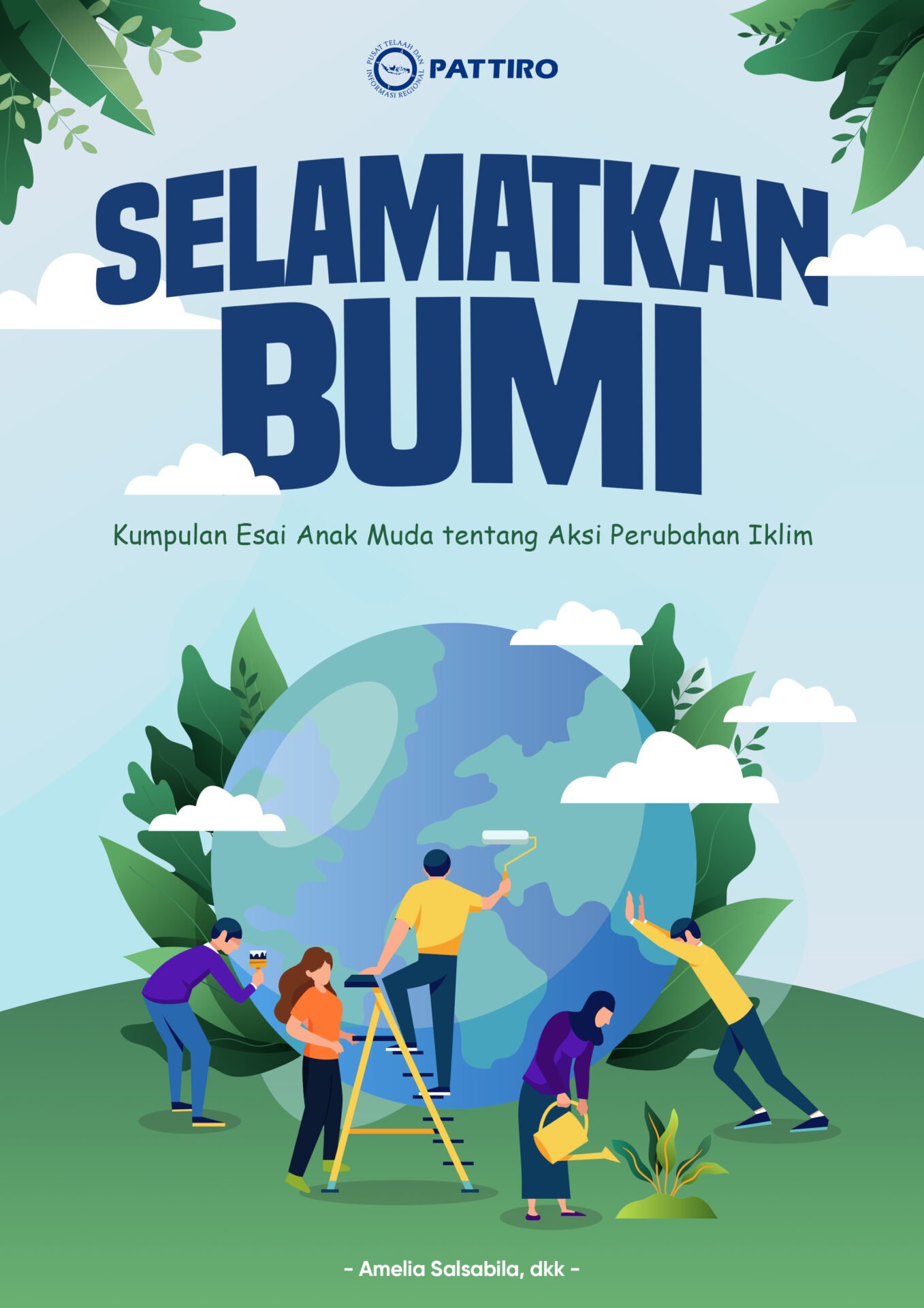 The government has pushed various policies to address the impacts of climate change. However, there is still homework to overcome the gap between the needs and financing of climate change action in the state budget. Ecological Fiscal Transfer (EFT) policy innovations through ecological-based provincial budget transfers (TAPE), ecological-based district budget transfers (TAKE), and ecological-based Kelurahan budget allocations (ALAKE) that have been implemented in 30 regions in Indonesia have contributed to encouraging regional development goals. Fiscal incentive policies have been regulated in national regulations, but have not been explicitly stated in the regulation of the Minister of Home Affairs on guidelines for the preparation of APBD, especially related to strengthening environmental funding. On the other hand, this regulation has an important role as a guideline for budgeting in the region. This Policy brief proposes inputs to the draft Permendagri guidelines for the preparation of the 2025 APBD, namely First, strengthening the mandate of Law Number 32 of 2009 on Environmental Protection and Management in the draft Permendagri guidelines for the preparation of the 2025 APBD, by adding special financial assistance based on ecology; and second, adding new clauses in the regulation of Regional Public Service Agencies (BLUD), where local governments can form BLUD Environmental Fund Managers.
The government has pushed various policies to address the impacts of climate change. However, there is still homework to overcome the gap between the needs and financing of climate change action in the state budget. Ecological Fiscal Transfer (EFT) policy innovations through ecological-based provincial budget transfers (TAPE), ecological-based district budget transfers (TAKE), and ecological-based Kelurahan budget allocations (ALAKE) that have been implemented in 30 regions in Indonesia have contributed to encouraging regional development goals. Fiscal incentive policies have been regulated in national regulations, but have not been explicitly stated in the regulation of the Minister of Home Affairs on guidelines for the preparation of APBD, especially related to strengthening environmental funding. On the other hand, this regulation has an important role as a guideline for budgeting in the region. This Policy brief proposes inputs to the draft Permendagri guidelines for the preparation of the 2025 APBD, namely First, strengthening the mandate of Law Number 32 of 2009 on Environmental Protection and Management in the draft Permendagri guidelines for the preparation of the 2025 APBD, by adding special financial assistance based on ecology; and second, adding new clauses in the regulation of Regional Public Service Agencies (BLUD), where local governments can form BLUD Environmental Fund Managers.
The United Nations Conference on Trade and Development (UNCTAD, 2010) defines a green economy as one that results in increased human well-being and a reduction in inequality, while not exploiting the resources of future generations at significant environmental risk and ecological scarcity. The green economy seeks to bring long-term social benefits and reduce environmental risks for short-term goals.
The government of Indonesia through the Ministry of Environment and Forestry has encouraged greener and more sustainable development. This can be seen from the development of Environmental Quality from 2014 to 2023. The increase in the Environmental Quality Index (IKLH) of each province also had a positive effect with an increase in GDP per capita. Based on MoEF data, every 1 point increase in IKLH can leverage 2.67 units of PD per capita. This condition also affects the achievement of greenhouse Gas (GHG) emissions nationwide. There was a decrease in GHG emissions from the waste and forestry sectors equivalent to 25.5% or exceeding the work plan target of 17.3%.
In order to support development planning that encourages improvement in environmental, economic and social aspects, the government has budgeting instruments through the state budget in each ministry, the reforestation fund Revenue Sharing Fund, physical and Non-physical special allocation funds. This instrument is geared towards encouraging sustainable use of resources at the site level. However, there is still a gap between financing needs and available funds. The Ministry of Finance said that the national climate change financing needs reached Rp3, 461 trillion, equivalent to double the 2022 state budget. While the state budget is only able to contribute 34% of the total needs, with an average of the last five years allocating Rp. 89.6 trillion per year. (Kemenkeu RI).




